Just before Christmas I wrote about Joshua Kaufman, a Holocaust survivor who still works as a plumber in Los Angeles and whose van was stolen. While writing that piece I read numerous articles about Kaufman and watched videos in which he spoke about his experiences in Auschwitz and Dachau and about his life since then. These stories and videos – which detailed his suffering and highlighted his strength, humility, and resolve – moved me to tears.
As a mother I’ve intentionally taught my children about the Holocaust without glossing over its horrors because I believe it’s important that future generations understand just how brutal, evil, and inhumane the Nazis were. My grandfather, who served in the U.S. Army in World War 2, witnessed the aftermath of what happened in those camps and was never able to speak about it to anyone but my grandmother. His experiences are a big part of the reason I feel so passionately about preserving the stories of the Holocaust.
I cannot deny or minimize what happened during the Holocaust; I personally know someone who was there and saw its devastating aftermath. Those who liberated the camps and survived them are now elderly, and in the not-too-distant future there won’t be anyone here who can personally testify to what happened. Fortunately many survivors and the people who liberated them have had their stories recorded on video, audio, and in books. There are museums filled with evidence of Nazi atrocities. The stories have been preserved; now we must ensure that future generations are told those stories and that they’re not allowed to forget what happened.
I urge you to share the story of Joshua Kaufman and the U.S. soldier, Daniel Gillespie, who pulled the emaciated young man out of a cattle car at Dachau. In a History Channel special, U.S. soldiers described what they saw the day Dachau was liberated.
“We passed a number of trains which were filled with people, and that turns your stomach. It turned my stomach.”
“Who are these people? And who could do this to other people?”
“We didn’t know what we did. We found out later that we had liberated a concentration camp called Dachau.”
Joshua Kaufman didn’t even have the strength to stand up when he was pulled from that “death train.” He described the day he was liberated to a group of students visiting the Los Angeles Museum of the Holocaust.
He told the students he had not eaten in three or four days and was probably 45 pounds on the day the American soldiers came to the camp. In a 2015 interview, Gillespie described the liberation.
On April 29, 1945…Gillespie marched in with his comrades to liberate the charnel house that was the Dachau concentration camp near Munich. [He] moved to block 11 of the infamous complex which was the first camp built by the Nazis to house its enemies in 1933. The first person he saw was…Kaufman. He was hiding in the latrines with other prisoners, uncertain if the soldiers who arrived were liberators or a Nazi death squad sent to liquidate the camp.
“It was the most profound shock of my life. Its liberation changed my life forever.
“We could not understand it. I grew up in California where we had everything in abundance.
“We didn’t get how people could let other people starve. They murdered them or just let them die. Again and again the questions moved through my head. And at the same time I was just incredibly angry.’
After the war Kaufman went back to his native Hungary for a brief period of time, then to Israel, then eventually to the United States, where he settled in Los Angeles. He became a plumber, got married, and raised four daughters with his wife. He told the History Channel he’s the “happiest person.”
Kaufman returned to Dachau with a group of survivors and the soldiers who liberated them five years ago.
Kaufman was able to reunite with Gillespie about a year before Gillespie’s death. They had no idea that they only lived about an hour from each other in Southern California the whole time.
After 70 years, Kaufman fulfilled his wish of kissing Gillespie’s shoes, despite Gillespie protesting that was not necessary and saying, “You owe me nothing.”
This exchange at the end of the video strikes me in light of the increase in antisemitic groups and crimes in the United States and around the world – and the increase in people who either don’t know much about the Holocaust or deny that it happened. Kaufman looks at the camera and says, “It’s unbelievable. And he was there, and I was there. Can you believe it?”
Gillespie replies, “Of course they can believe you. We were both there.”
Read more about Joshua Kaufman at the USC Shoah Foundation.
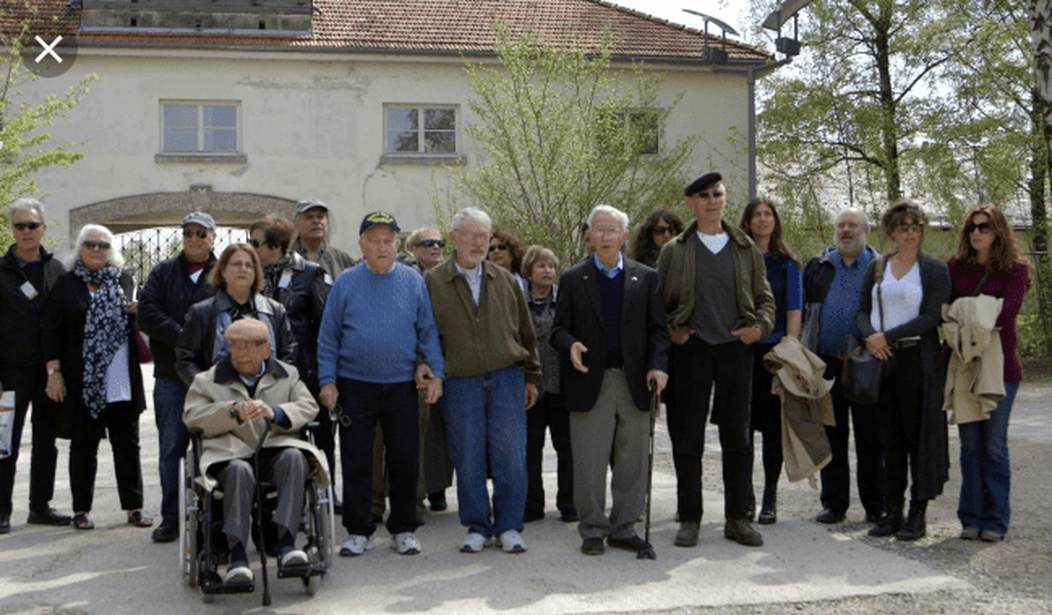



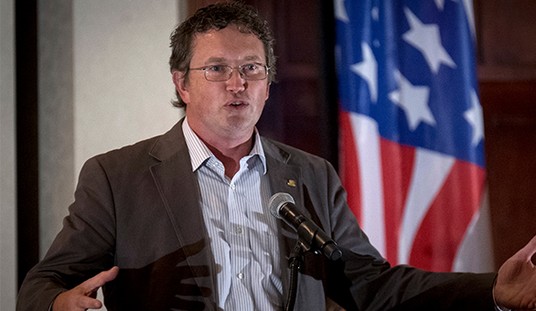


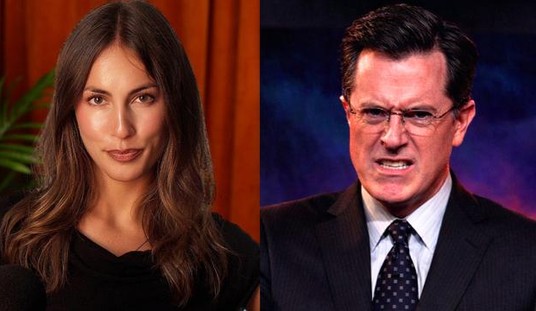
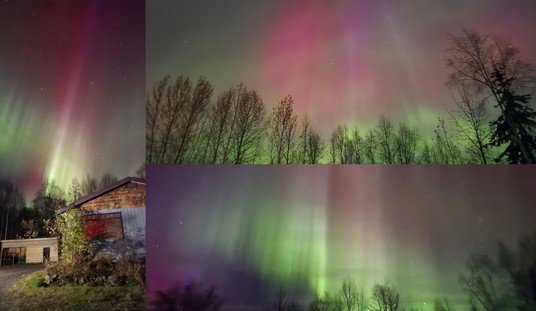

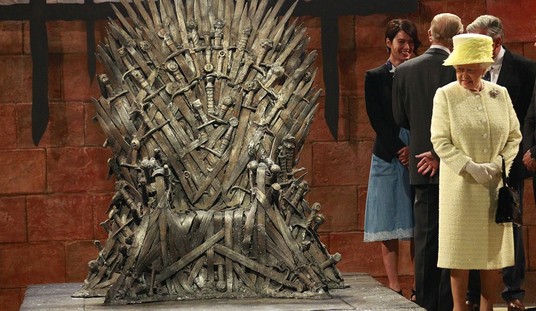




Join the conversation as a VIP Member